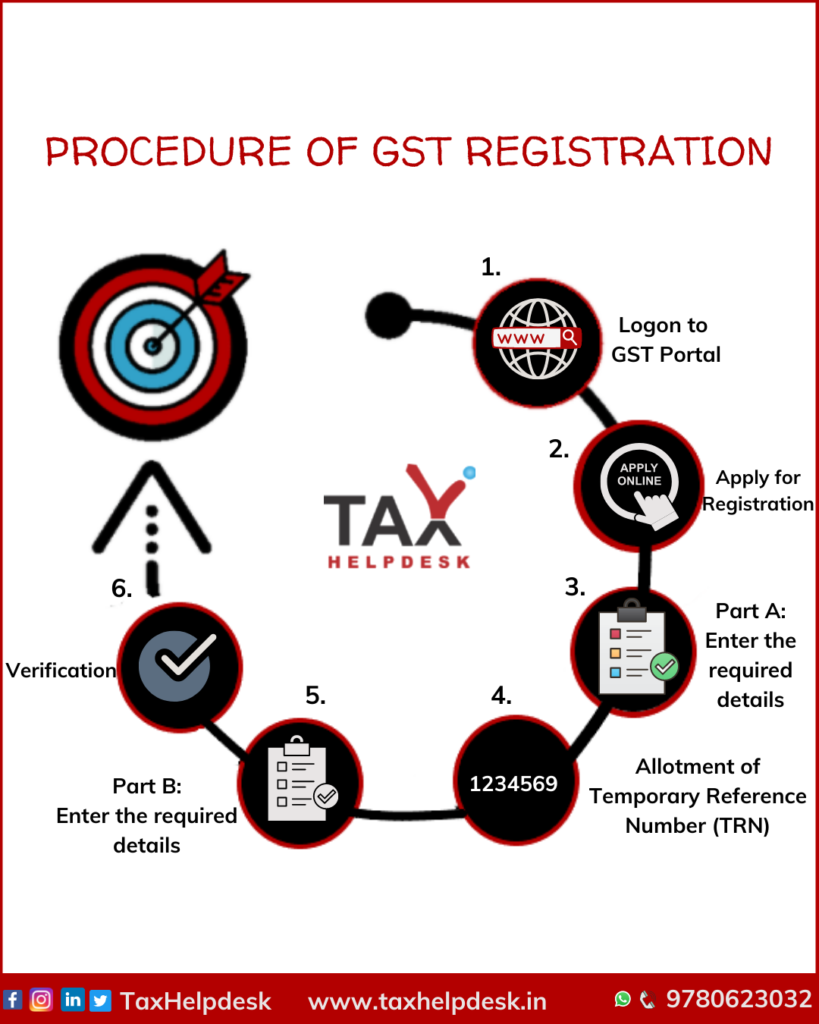Leading Rated Best GST Registration Services in Singapore for 2024
Leading Rated Best GST Registration Services in Singapore for 2024
Blog Article
From Beginning To End: The Ultimate Roadmap to GST Registration for Organizations Looking For Financial Stability
Browsing the complexities of Product and Provider Tax Obligation (GST) enrollment is a critical action for services pursuing financial stability. From comprehending the basic principles of GST to adhering to post-registration guidelines, the procedure can seem daunting at first look. Breaking down the roadmap into manageable actions can enhance the registration journey for organizations looking to enhance their economic standing. Allow's explore the essential components that compose this supreme roadmap and find how each stage adds to laying a strong foundation for financial success.
Recognizing GST Essentials
Digging into the essential concepts of Item and Services Tax Obligation (GST) is essential for obtaining a thorough understanding of its effects on businesses and the economic situation. Input Tax Credit Rating (ITC) is a substantial attribute of GST, allowing organizations to claim credit report for tax obligations paid on inputs, reducing the general tax obligation concern. Recognizing the basics of GST is essential for companies to comply with tax obligation policies, handle their finances effectively, and add to the country's economic growth by taking part in a transparent tax system.
Eligibility Criteria for Registration
To register for GST, businesses must satisfy details qualification standards established by the government. The primary qualification demand is that any kind of business entailed in the supply of goods or services with an annual accumulation turnover over the threshold limitation established by the authorities need to sign up for GST. As of the current policies, the threshold restriction for GST enrollment is a yearly aggregate turnover of 40 lakhs for organizations running within a state, besides special group states where the restriction is 20 lakhs. Furthermore, particular companies are called for to sign up for GST regardless of their turn over, such as interstate vendors, informal taxable persons, and organizations reliant pay tax under the reverse charge device. It is critical for organizations to thoroughly analyze their turnover and transaction kinds to determine their GST registration obligations precisely. Failure to register for GST when eligible can result in penalties and legal effects, making it vital for companies to stick to the defined qualification criteria.
Documents Required for Registration
Having met the qualification standards for GST registration, organizations should now guarantee they have the requisite papers in location to continue with the enrollment procedure efficiently. The files required for GST registration normally consist of proof of service constitution, such as collaboration action, enrollment certification, or unification certification for different kinds of organizations. Additionally, services require to supply papers establishing the major location of company, such as a rental agreement or electricity bill.
Step-by-Step Registration Process
Beginning the GST enrollment process entails a collection of organized steps to make sure a compliant and smooth enrollment for businesses. The primary step is to visit the GST site and submit the registration type with accurate details of business entity. Following this, the candidate gets a Temporary Reference Number (TRN) which is used to return to the application procedure if it's not finished in one go.
Next, all needed files based on the list given by the GST portal requirement to be posted. These papers normally include proof of company address, registration and identification proofs of promoters, monetary statements, and business entity's frying pan card.

Post-Registration Conformity Standards

Conclusion
Finally, businesses looking for financial stability has to understand the essentials of GST, meet qualification standards, collect necessary documents, adhere to the step-by-step registration process, and adhere to post-registration guidelines - Best GST registration services in Singapore. By sticking to these steps, businesses can ensure conformity with tax regulations and preserve financial security in the future
In addition, particular organizations are required to about his register for GST regardless of their turnover, such as interstate suppliers, informal taxable individuals, and organizations liable to pay tax under the reverse charge device.Having actually fulfilled the eligibility article criteria for GST registration, businesses must now ensure they have the requisite papers in location to proceed with the enrollment procedure successfully. The papers required for GST registration normally include proof of company constitution, such as collaboration act, registration certification, or incorporation certificate for various kinds of services. In addition, organizations need to offer documents establishing the major area of service, such as a rental arrangement or power bill.Commencing the GST registration process includes a series of structured steps to ensure a seamless and compliant registration for companies.
Report this page